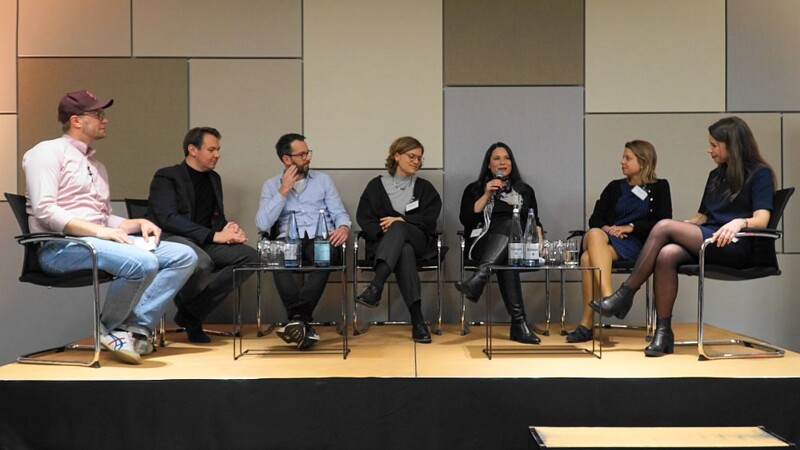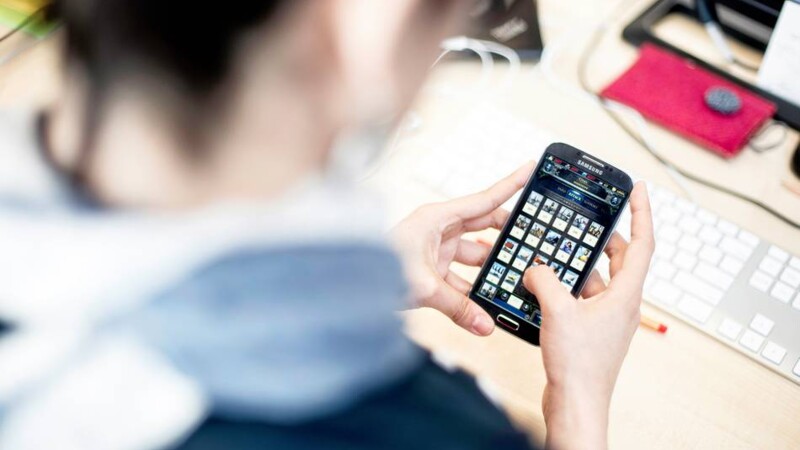Founded in 2015 in San Francisco, Darvis first developed a programme for U.S. schools to identify potential hazards early. If the system detects a weapon, the authorities are informed immediately, while the target is tracked visually to give police the person’s exact location. The system uses artificial intelligence to determine the movement pattern and the software tracks the right person, even if they try to disguise themselves. Naturally, this is far better than a mere description along the lines of “blond hair and dark jacket”.
Safe and ideal rooms are set to become reality thanks to the founders of the startup Darvis. Cameras and optical sensors provide user-relevant information, which is analysed in real time using artificial intelligence meaning walls can now talk – a wish, perhaps long-held by many a TV police commissioner and their real-life counterparts in search of easier tasks. Data Analytics Real-world Visual Intelligence System (Darvis) aims to achieve optimum safety, levels of hygiene and workflows in rooms, public squares and buildings.
Identifying potential hazards
Data protection thanks to avatarization
However, Darvis’ programmes only transmit details such as “blonde hair” in exceptional cases. “We work with optically generated information, which is immediately anonymized by means of avatarization. Our programmes turn the information into characters in a computer game,” said Jan Schlüter, COO, who founded Darvis with Jan-Philipp Mohr (CEO) and Ingo Nadler (CTO). Ideally, the system was designed to become as non-intrusive as possible and to allay employees’ fears of being monitored. “On the other hand, we adhere strictly to ‘Basic Data Protection Regulations’. That is our unique selling point,” Mohr pointed out.
From San Francisco to Hamburg
DARVIS employs 30 people across the globe in San Francisco, Boston and most recently in Hamburg after joining the Health Innovation Port (HIP) on the Philips Campus in early October. “Five years ago, it was simply easier to set up in the United States,” said Schlüter, who hails from Hamburg. “Meanwhile, the structures here have improved considerably as exemplified by HIP.” The founders hope to make valuable contacts at the Hamburg-Eppendorf University Hospital (UKE) and other hospitals through the “Collaboration Space” network for the health sector as Darvis’ programmes are ideally suited to a hospital environment. Hamburg Invest has been in contact with the company for quite some time and has established useful contacts with players in Hamburg. Hamburg Invest also networked the founders with the Northern Germany Innovation Office (NGIO) in Silicon Valley.
System monitors hygiene status
Improving hygiene or logistics chains in hospitals is just one example, said Mohr. “Take, for instance, hospital corridors that are full of beds. Nursing staff have pushed them into the aisles for removal later.” However, staff in busy hospitals often do not have time to ring up and have these beds removed. “The Darvis system distinguishes between clean, occupied and used beds and checks their status. If all the necessary criteria have been met, a used bed that has been released for cleaning can be picked up. Hygiene is monitored similarly. The system checks a room for cleanliness and approves or disapproves its release. That is crucial prior to surgery and also makes the room and ward safe for doctors and nursing staff,” Schlüter stressed.
Science fiction becoming reality
The potential for Darvis lies in improving security in hospitals, companies and sectors with restricted access. Glancing into a camera may soon replace an access code or chip card to enter a building and only approved persons will gain access. This sci-fi scenario is not far off. The company’s name is a pun on “Jarvis” – an artificial intelligence character in “The Avengers” movies. Darvis and its business idea raised USD 2.2 million in a first round of financing. “We are debt financed,” said Schlüter. The funds stem from a mix of angel investors, venture capitalists, investors in Hamburg as well as family and friends. “We are now in the middle of our second round of financing and hope to raise USD 5 million.”
ys/pb
Sources and further information
More
Similar articles

Good marks for Hamburg's start-up scene

New Startup-Unit identifies important, future trends

New Founders Database of Hamburg Start-Ups
